Hello everyone!
Have you heard about IoT (Internet of Things) Technology? This technology that allows your connected devices to communicate with each other, while creating an intelligent environment within your home (Smart Home), in an entire building (Smart Building) and let's go even further - a complete city (Smart Cities).
It is difficult to provide concrete figures, because depending on the organization that publishes statistics and/or projections, not all agree with each other. Some say that smartphones and tablets are IoT devices, while others do not include them in their figures. One thing is certain: the IoT Market is worth tens of billions of dollars, with an annual growth rate of 20-25%!
Faced with the Covid pandemic we are currently experiencing, the IoT Industry has been able to take advantage of the opportunities offered by the development of telemedicine and wearables to monitor our health in real time. This has had a significant impact on markets and enterprises worldwide.

While this technology is even older than the Internet (IoT appeared in 1982 in the United States. The Internet, as we know it, first appeared in 1989, with the first web browser and the first website launched in 1992 by CERN), it has spread rapidly thanks to globalization. Today, we have moved to Web 3.0 through the IoT.
For several years many companies around the world have been working on the development of IoT, to bring us more and more different connected devices to make our daily lives easier.
Typical IoT tech includes a multitude of devices such as:
- Smartphones & Tablets (it all depends on the point of view)
- Watches, Glasses, and other Wearables
- Cameras
- Speakers (even AirPods)
- Bicycles & Scooters
- Knick-knacks and household appliances
- Etc.
All the devices that precede the mentioned 'connected' devices are part of the big family that is the IoT. Not forgetting Smart Homes, Buildings & Cities.
While these IoT objects are becoming more and more popular and occupy an increasingly important part of our daily lives, a problem quickly arose. How to retrieve this stored information?
When we talk about information, we’re not talking about personal information, but basic information such as:
- Foot traffic; e.g. Attendance in a place like a building, store, intersection, or event. Position or location. e.g. the use of benches in a park or subway, to optimize their placement
- Alerts to avoid things or people in our proximity. e.g. social distancing wearables
- Temperature, Weather, Humidity
- Air Quality
- And much more
It was then unthinkable and too expensive to install a WIFI system on each IoT beacon, so network infrastructure was hard to set up for most companies.
This is where Nodle was born (in 2017). This global start-up with French roots has managed to deploy a global Network for the IoT in more than 100 countries in less than 3 years!
How does their tech work?
To use Nodle and be part of #TheCitizenNetwork (the Network of users of this Application), you just need to download Nodle Cash App from your Android & iOS Store, register, and activate Bluetooth and location services on your Device.
As soon as you walk past an IoT beacon, your device connects to it via Bluetooth (hence the advantage of leaving it on) to collect tiny information, which is temporarily stored on your device, until it connects to a WiFi network. That’s when the collected data is sent to the various clouds of the manufacturers or companies owning the IoT device you have crossed paths with.
Nodle respects your privacy, so none of your personal information is collected nor will be sent to the cloud.
In addition to protecting your privacy, Nodle is environmentally friendly. The Bluetooth technology used to receive this data is Bluetooth Low Energy 'BLE'. This greatly preserves the battery consumption of your device. The use of Nodle Cash on an iPhone consumes only 1% of the battery over a period of 24 hours, and for Android devices this is 0.5 to 3.5%, depending on the mode used (Eco or Expert) over the same period. Waiting to be connected to the WiFi still saves the use of your battery, but also the consumption of mobile data.
For your participation in the Network you earn Nodle Cash (NODL), which are calculated as follows:
- Quality of Connection
- Quantity of Data
- The value of the IoT concerned
What is Nodle in a few figures:
- 20 Million Smartphones (Nodes) participating in the Network
- 5 Million Active Nodes per Day
- 100 Million devices connected per Week
- 100+ countries across the globe

Thanks to Nodle Cash, and its minimal investment, all of #TheCitizenNetwork members have made it possible to further expand the Network Infrastructure and IoT beacon data collection. And it's not going to stop there.
Here are some recent news about Nodle:
- Nodle.io was selected for Berkeley’s Blockchain Xcelerator Program 3rd Cohort, where only 17 of 140 applications were accepted. Nodle was also one of 3 other projects from the Polkadot ecosystem in that program.
- Nodle received the Platinum Award for Enterprise Wearable Device of the Year at Juniper Research: Future Digital Awards for Technology & Innovation 2020. Nodle's 'Nodle M1' social distancing wearable warns other users if they are too close to another person. This high-precision device was developed for enterprises, hospitals, and universities, so that their employees/users can respect the social distances between them. The 5 cm device starts vibrating when 2 people are within 1.80m of each other. The Nodle M1 is much more accurate than a similar smartphone solution, and also allows employers to warn employees when they have been in the vicinity of a person who has been reported positive to the Covid-19 over the past 15 days.
- Nodle was selected by the 5G Open Innovation (OI) Lab to assist and participate in the deployment of 5G and other IoT Networks, The Lab counts partners like Intel, DELL Technologies, Microsoft, T-Mobile, NASA, etc.
IoT Technology is the most disruptive of the last few years (IoT 17%, AI 13%, Robotics 8%), and Nodle has established itself as a major player on a global scale.
As Isaac Asimov said: "We will trample eternally on the borders of the Unknown, seeking to understand what will always remain incomprehensible. And this is precisely what makes us Men."
I currently have an agreement with Nodle, which gives me the right to publish, republish, on their behalf.
If you have any questions or if you believe there is copyright infringement, please contact Nodle directly at https://nodle.io/contact
Sincerely
Christophe WILHELM
If you would like to support the author of the article, you can use his affiliation link:
https://nodle.page.link/gR2GAKmjQoQyjc9d8 (you must use this link with your smartphone)
Resources
